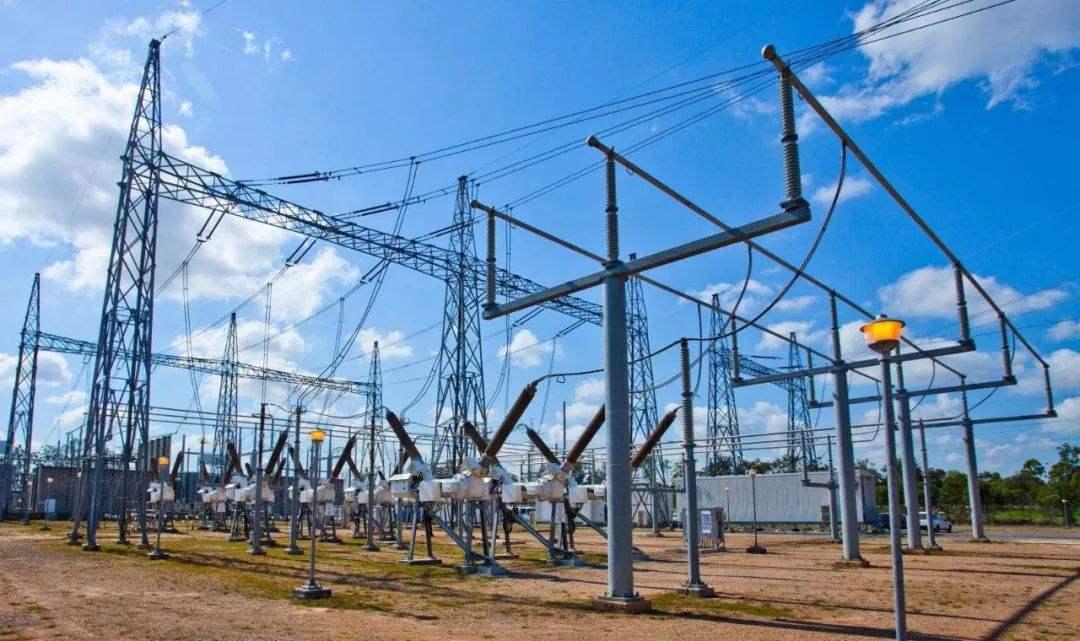SAO PAULO, May 16 (Xinhua) -- China has helped Latin American countries bridge their infrastructure gap and have been doing so in a way that shows respect for its partners' economic independence, an expert told Xinhua Thursday.
"China differentiates itself by not imposing (economic) models upon other countries, since the West does do so based on the financialization of the economy but not on development," said Javier Vadell, a professor of international relations at the Pontifical Catholic University of Minas Gerais in southern Brazil.
Vadell, also a member of the Brazil-China Studies Network, said that infrastructure remains China's main investment engine.
China has learned the importance of improving infrastructure from its own development and has advantages of expanding cooperation in Latin America, for its way of investment and trade "doesn't generate dependency," he said.
The expert recalled that in the second ministerial meeting of the China-CELAC (Community of Latin American and Caribbean States) Forum held in January 2018 in Chile's capital Santiago, China invited countries of the region to join its Belt and Road Initiative.
"The Belt and Road Initiative is a global initiative that can be an infrastructure investment catalyst in Latin America," Vadell said.
As for Brazil, a country regarding China as its major trading partner for a decade, Vadell said that the China-Brazil relations are being further strengthened, considering the wide variety of investment and large bilateral trade volume, as well as their interaction within blocs such as the BRICS (Brazil, Russia, India, China and South Africa).
He added that China "not only seeks a political and economic role in Latin America, but a cultural one as well," citing as an example the establishment of the Center for China Studies at the University of Campinas on May 10.




 A single purchase
A single purchase









